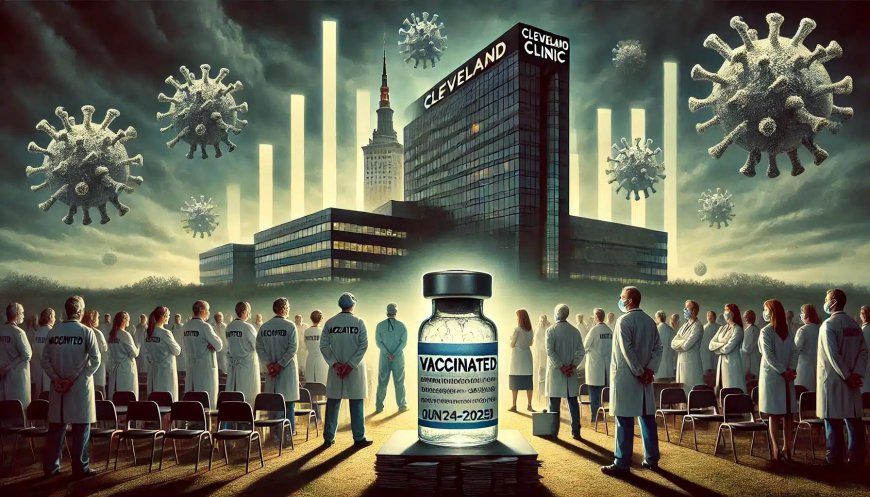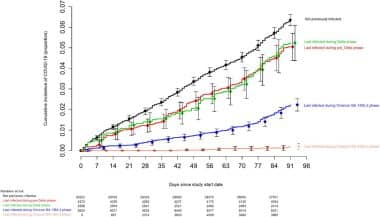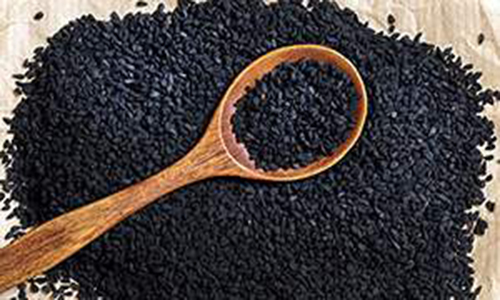Bombshell Study By The Cleveland Clinic Reveals Flu Shot Actually Cause More Flu (By 26.9%)
Broken Vials and Broken Trust: A Healthcare Reckoning A recent study from the Cleveland Clinic has sparked significant discussion regarding the effectiveness of the 2024–2025 influenza vaccine. The research, which analyzed data from over 53,000 healthcare employees, found that vaccinated individuals had a roughly 27% higher likelihood of contracting the flu compared to their unvaccinated […]

Broken Vials and Broken Trust: A Healthcare Reckoning

A recent study from the Cleveland Clinic has sparked significant discussion regarding the effectiveness of the 2024–2025 influenza vaccine.
The research, which analyzed data from over 53,000 healthcare employees, found that vaccinated individuals had a roughly 27% higher likelihood of contracting the flu compared to their unvaccinated counterparts.
Understanding the Study’s Context
The study focused on a specific population: relatively healthy, working-aged adults employed at the Cleveland Clinic. Notably, 82.1% of participants received the influenza vaccine during the study period.
The researchers observed that, over time, the cumulative incidence of influenza increased more rapidly among the vaccinated group than the unvaccinated group.
After adjusting for factors like age, sex, job role, and employment location, the study reported a hazard ratio of 1.27, indicating a statistically significant higher risk for vaccinated individuals.
Interpreting the Findings
While the results are noteworthy, some say it’s essential to approach them with caution. The study is a preprint, meaning it hasn’t undergone peer review, a critical process for validating research findings. This means the “negative efficiency” results could actually prove to be worse than they appear at this point.
Some supposed “experts” have pointed out potential limitations, such as testing bias… vaccinated individuals might be more inclined to seek testing, leading to higher reported infection rates.
Moreover, the study didn’t assess the vaccine’s impact on severe illness, hospitalization, or death, which are primary metrics for evaluating vaccine effectiveness. Again, the results of further investigation could prove severe illness could actually be attributed to the shot.
Comparisons with COVID-19 Vaccine Studies
This isn’t the first time the Cleveland Clinic has conducted such research. A previous study on the 2023–2024 COVID-19 vaccine formulation found that the vaccine provided only 42% effectiveness against COVID-19 before the emergence of the JN.1 variant, with reduced effectiveness afterward.
Interestingly, the study also noted an association between the number of prior vaccine doses and an increased risk of COVID-19 infection. Bottom line: The more shots you took… the more likely you were to get COVID.
The Role of Natural Immunity
The concept of natural immunity… protection gained from previous infections… has been a heated topic of interest in the last few years.
Some studies suggest that individuals previously infected with certain virus strains may have a reduced risk of reinfection. Relying solely on natural immunity needs more study. (Especially from agencies independent of big gov and big pharma.)
Looking Ahead: Implications for Public Health
The findings from the Cleveland Clinic study highlight the complete inefficiencies of vaccines, especially in the face of evolving virus strains. While the study suggests a potential negative efficacy for the 2024–2025 influenza vaccine in a specific population, it’s crucial to consider just how profitable vaccines are to their producers and stockholders.
For good or bad, vaccines remain a tool used by big medicine and big pharma. Believe it or not… public health recommendations continue to support annual influenza vaccinations, emphasizing their role in reducing the burden of disease across populations while also quietly ensuring profits for vaccine producers.
What's Your Reaction?































